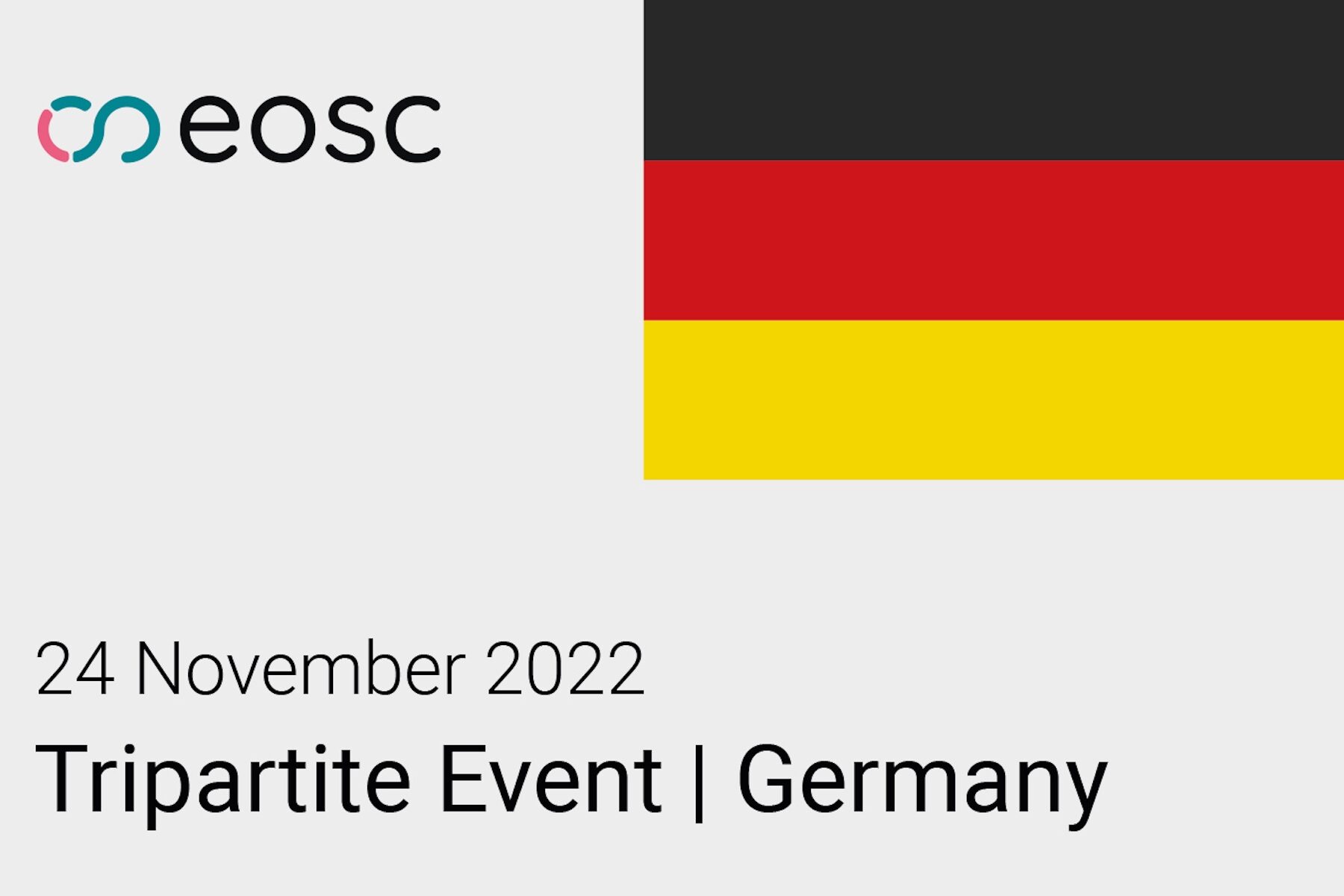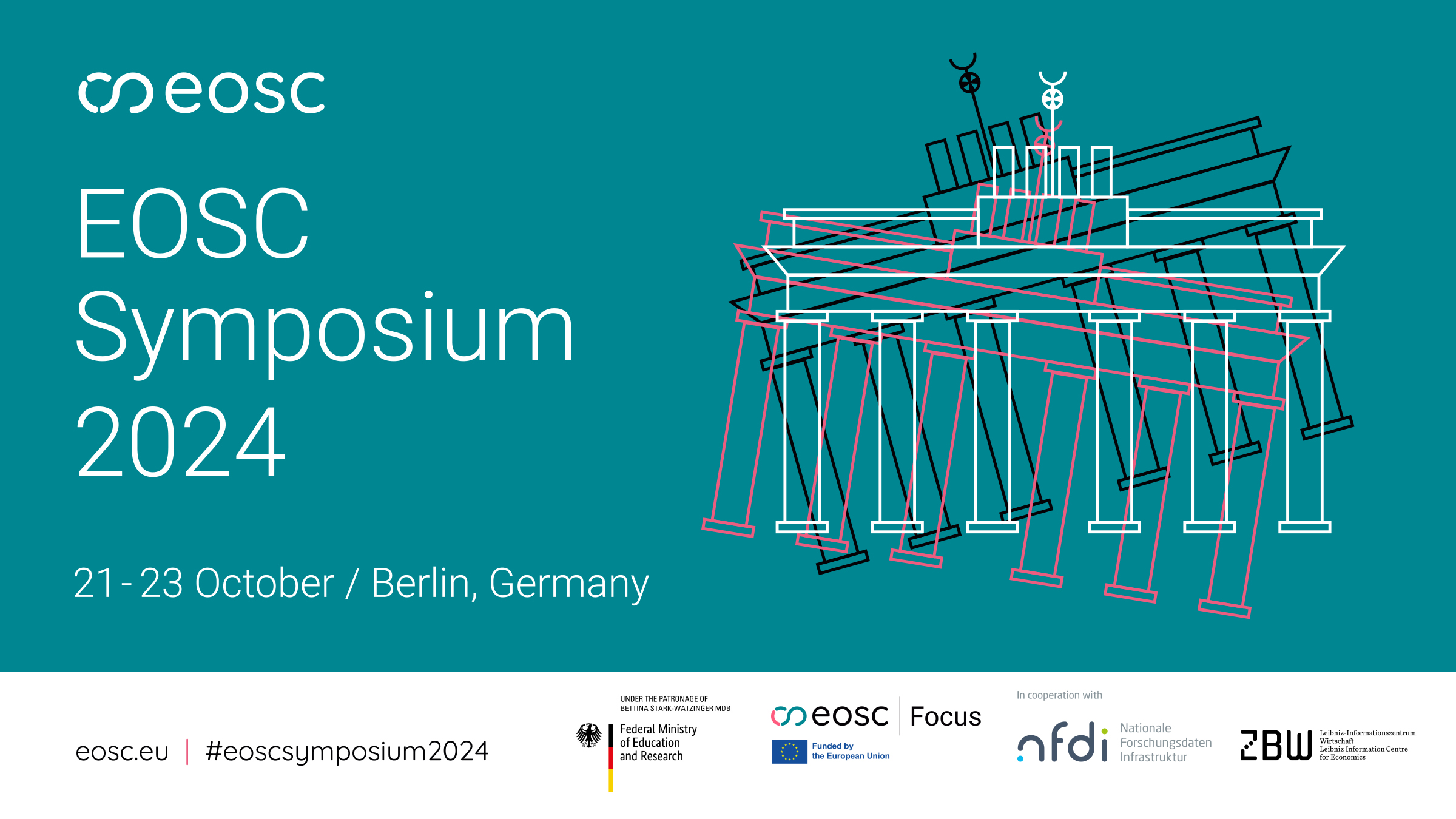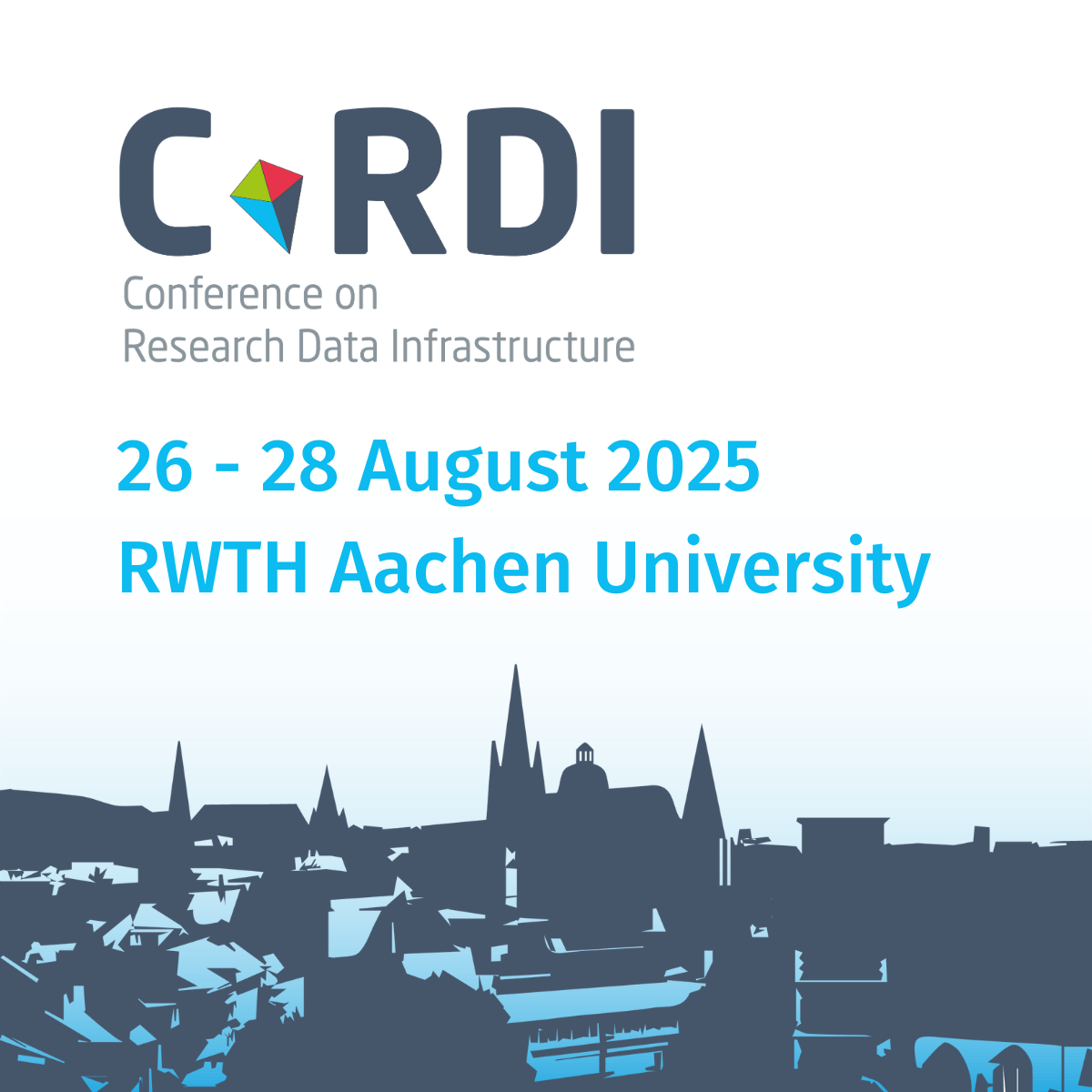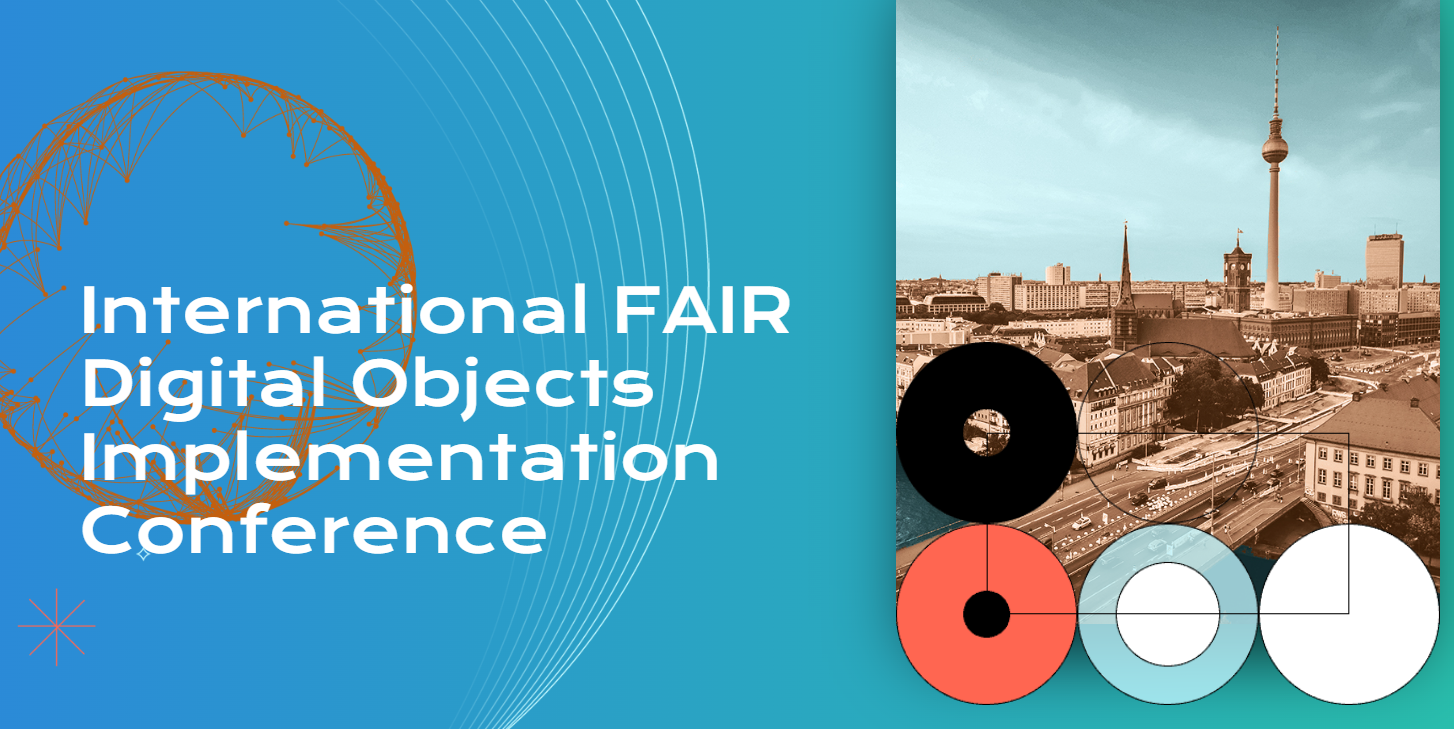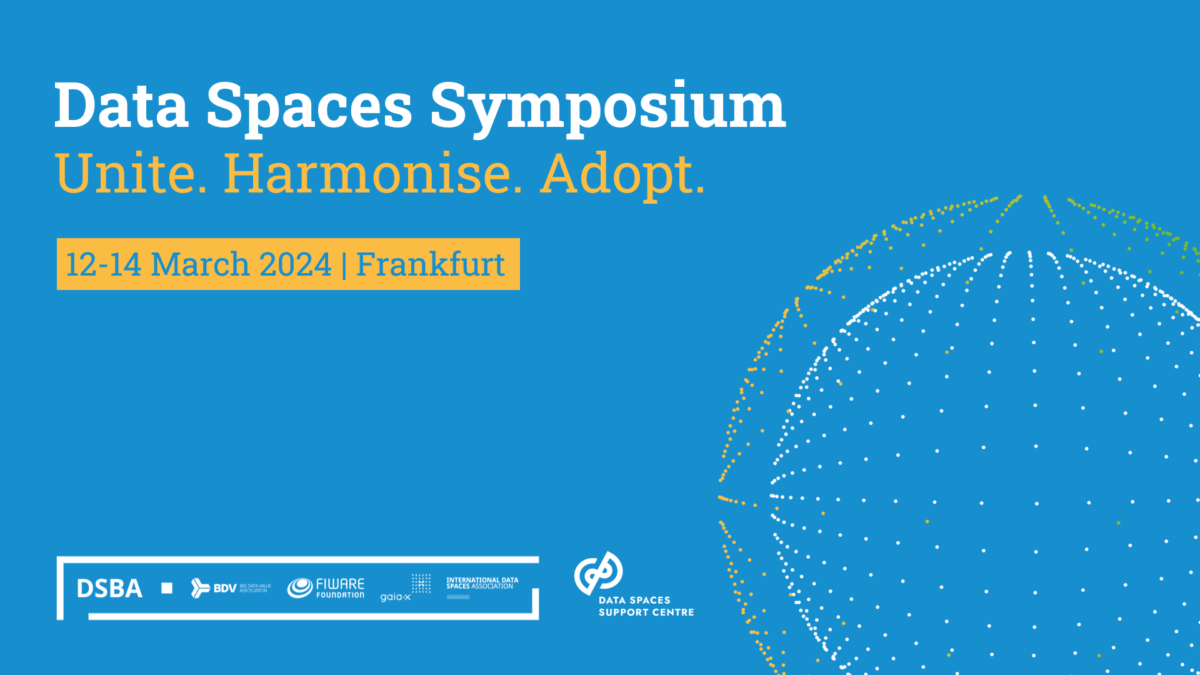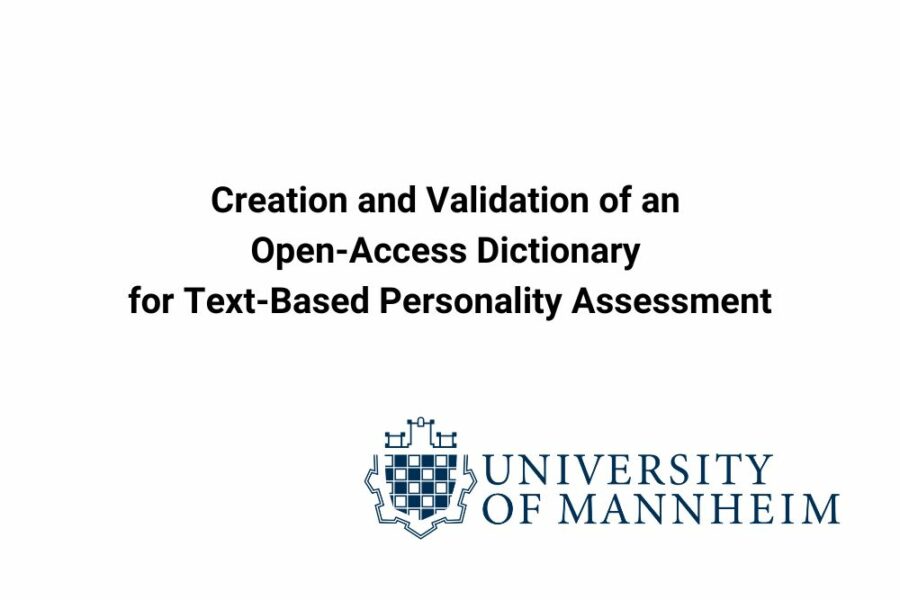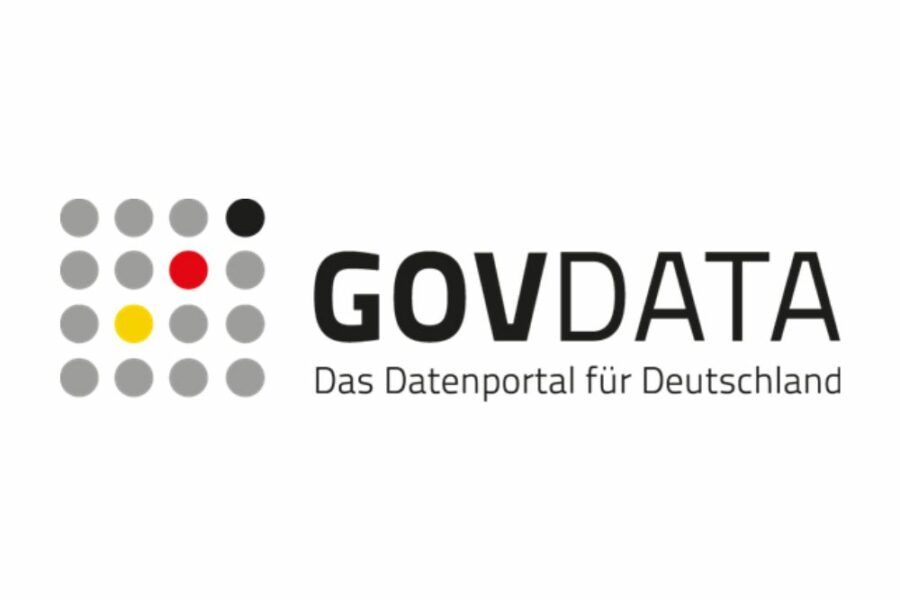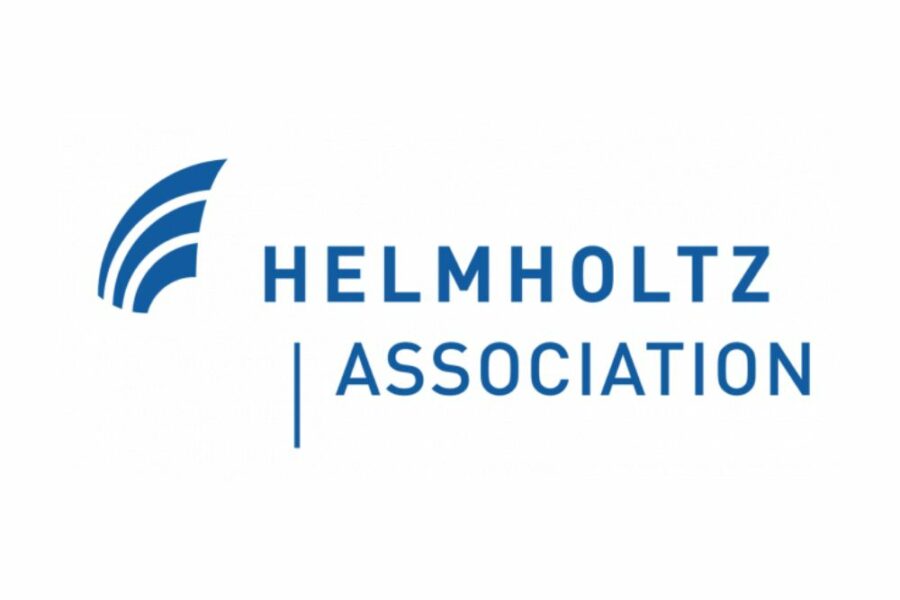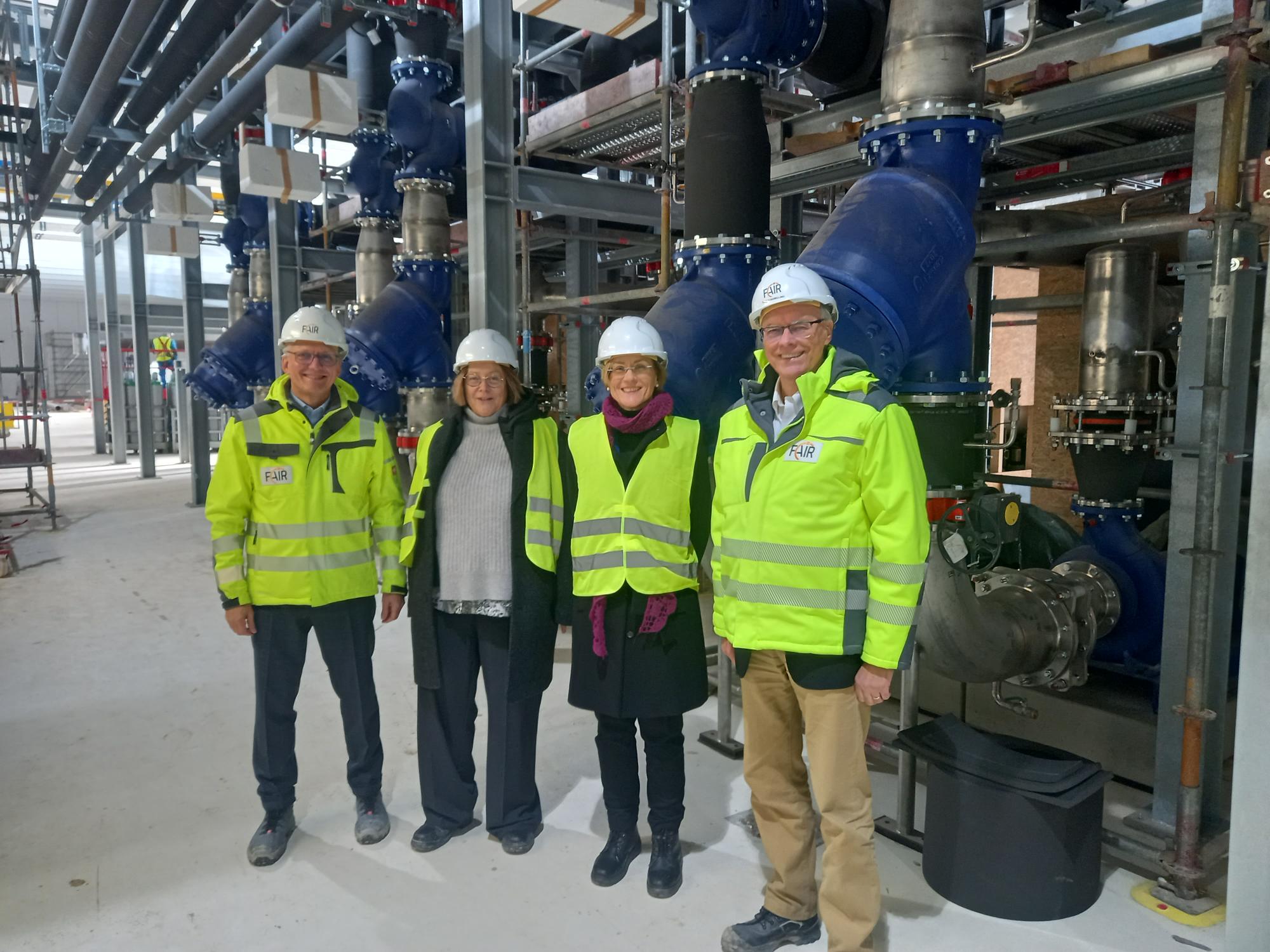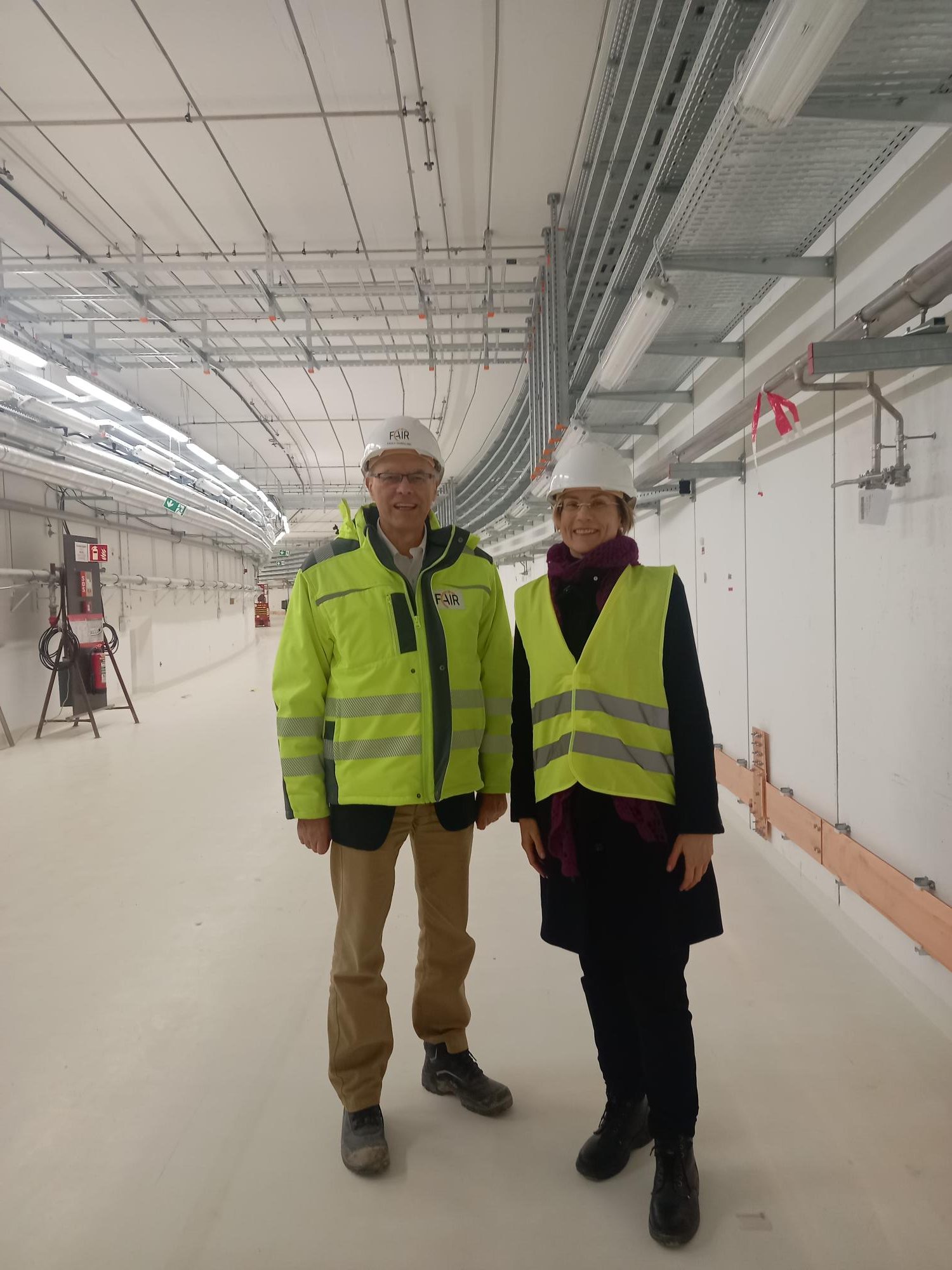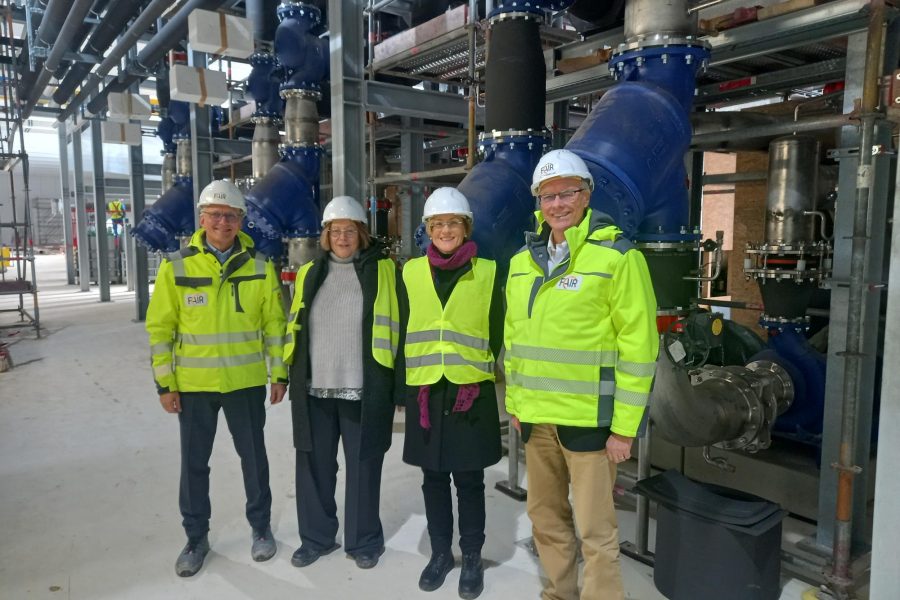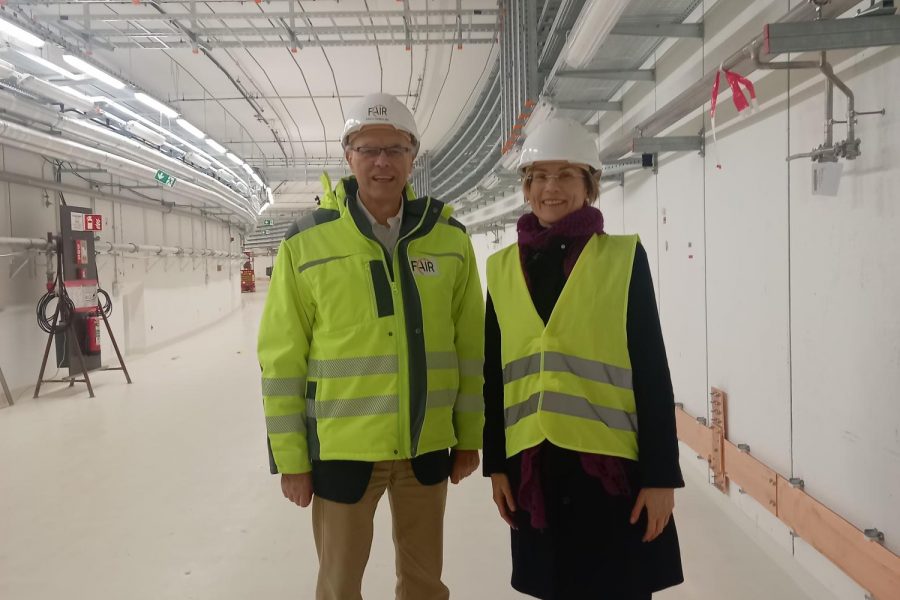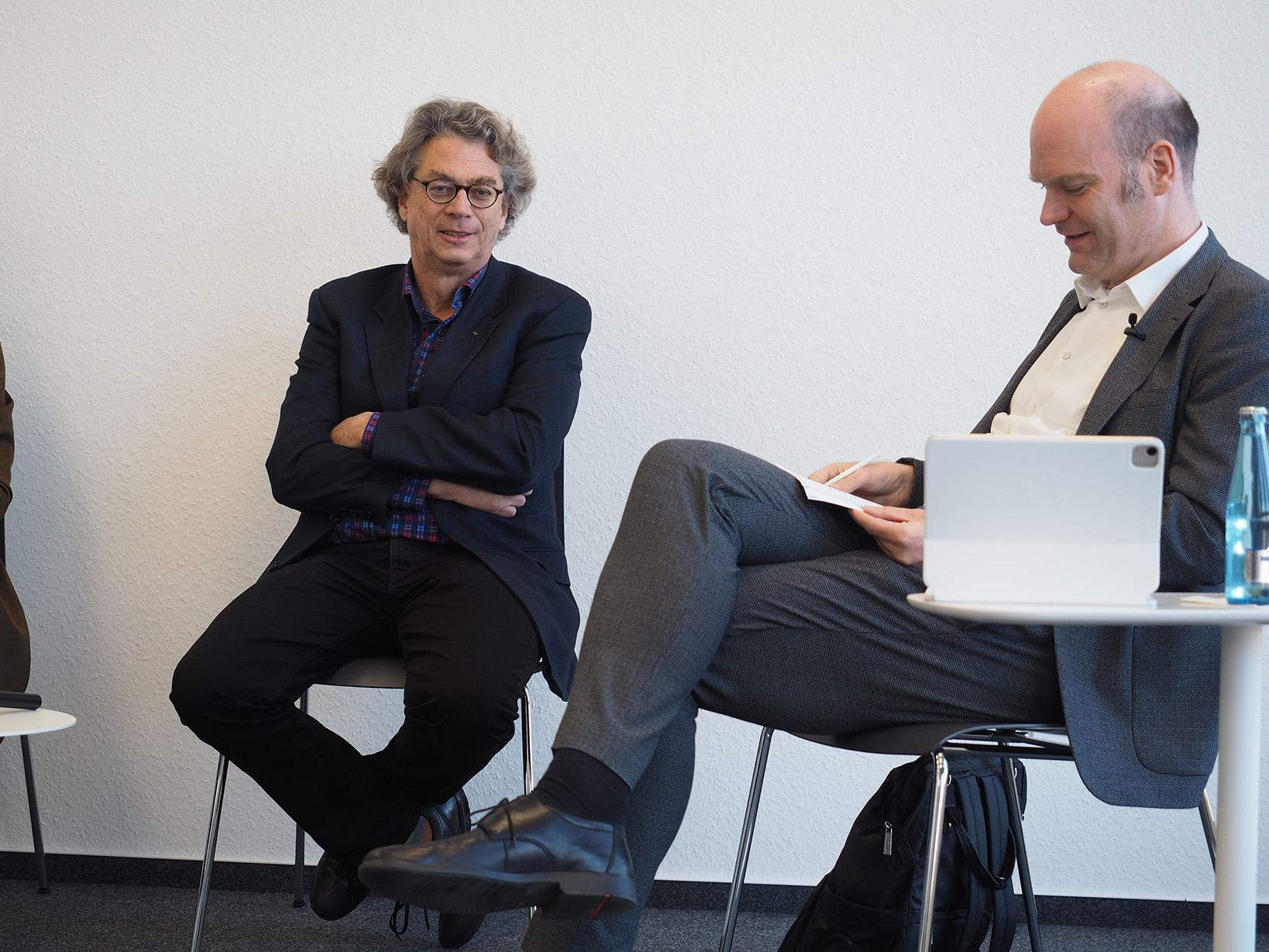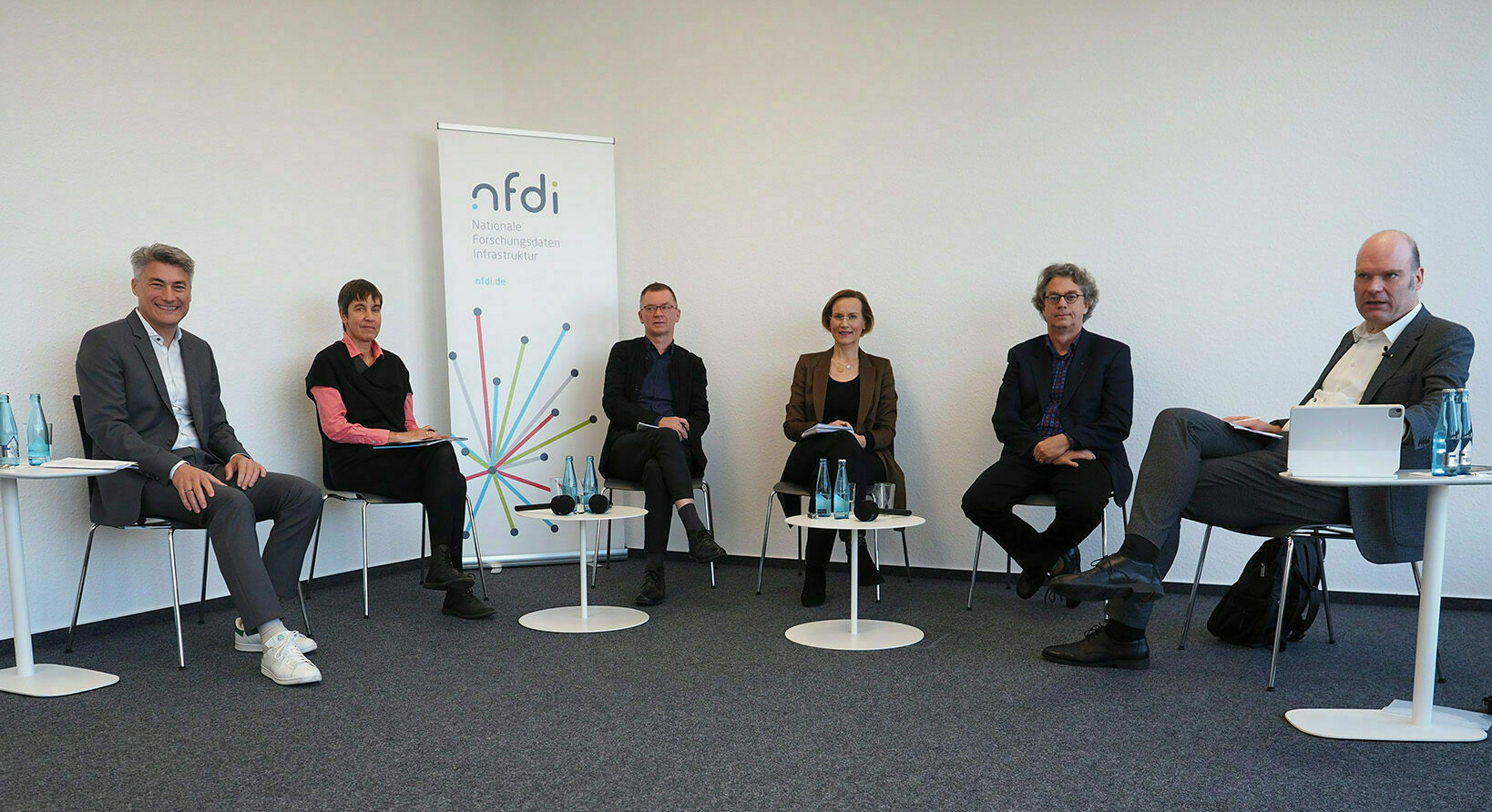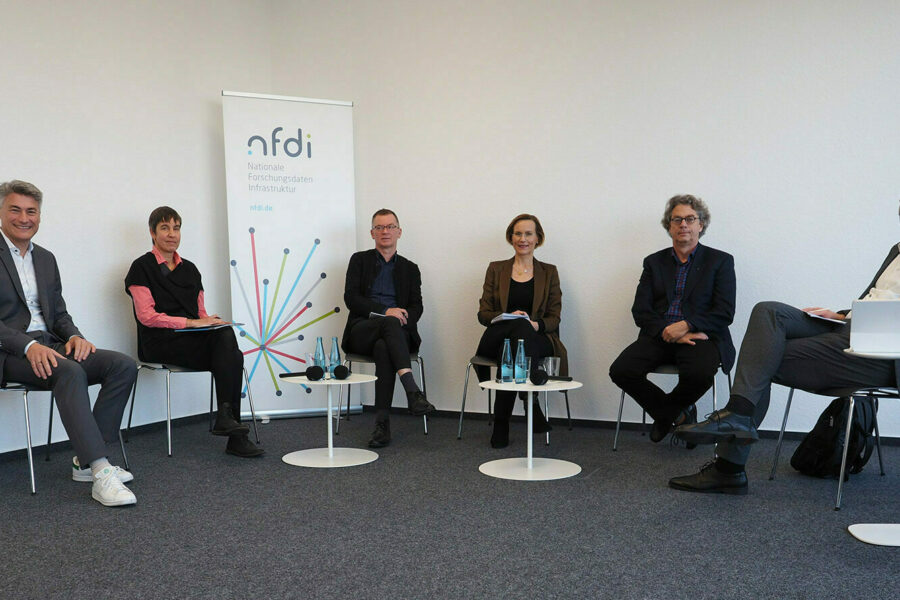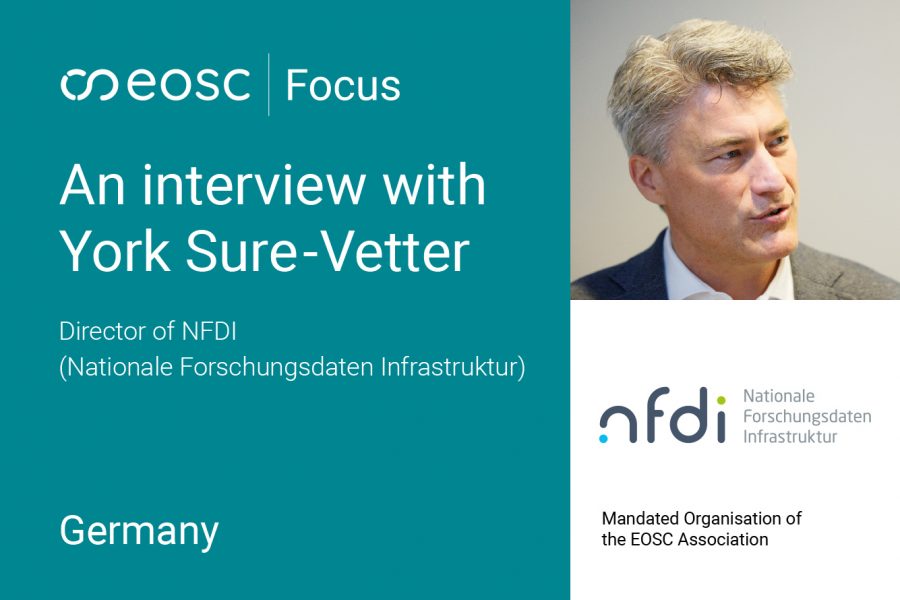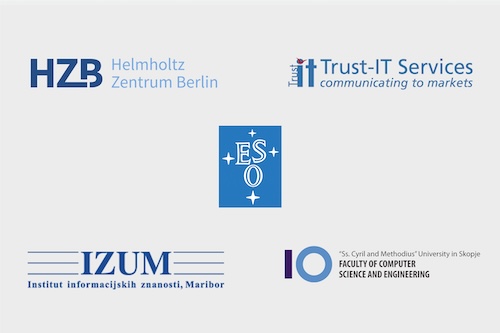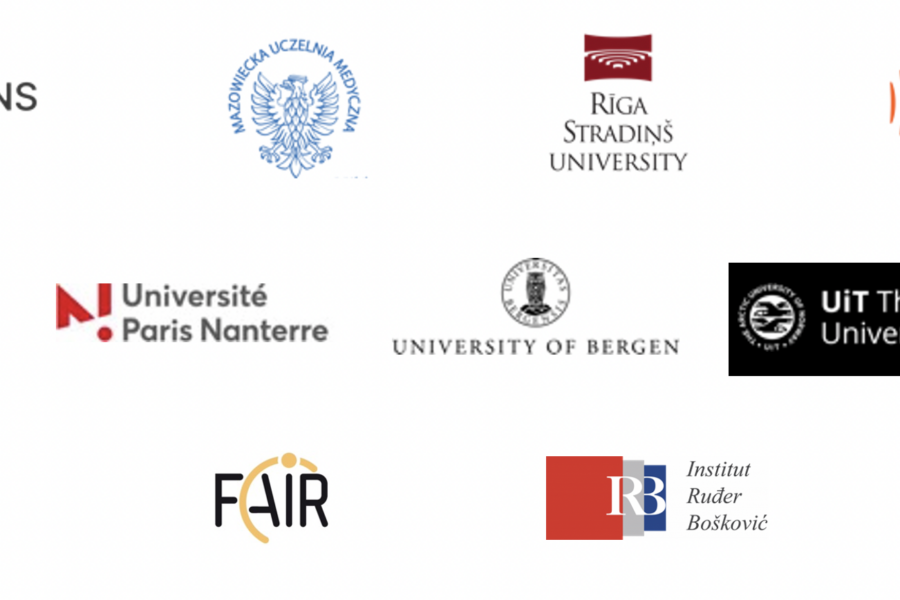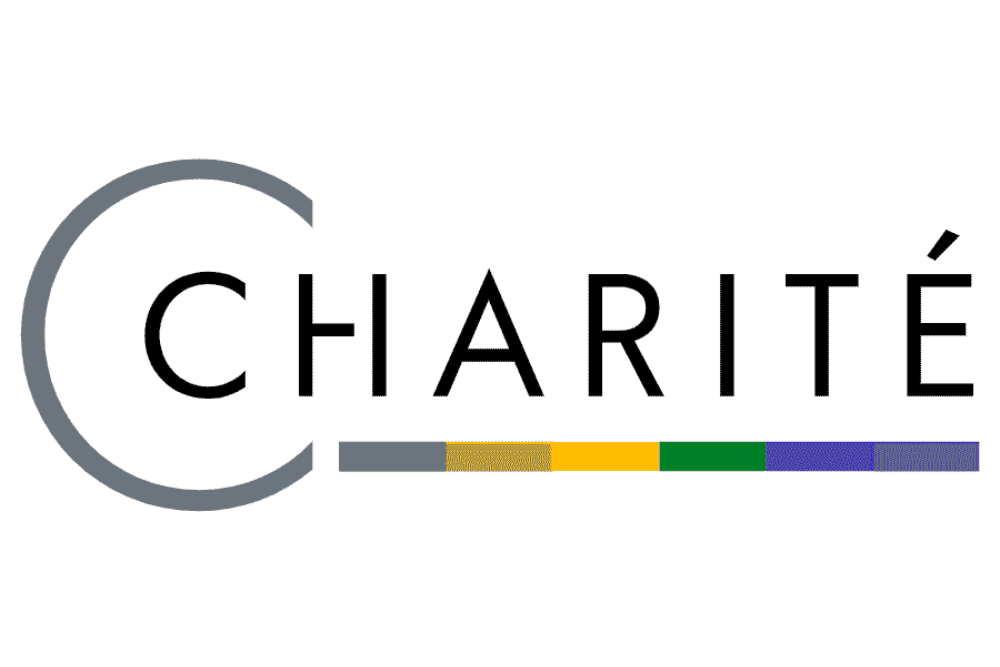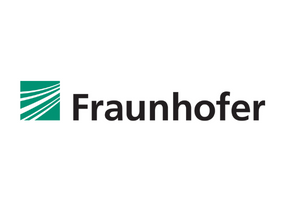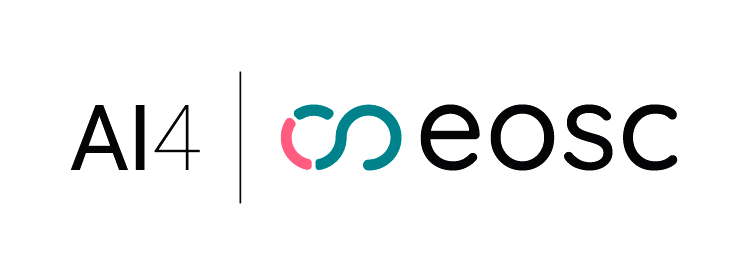
Germany
Overview
European Commission
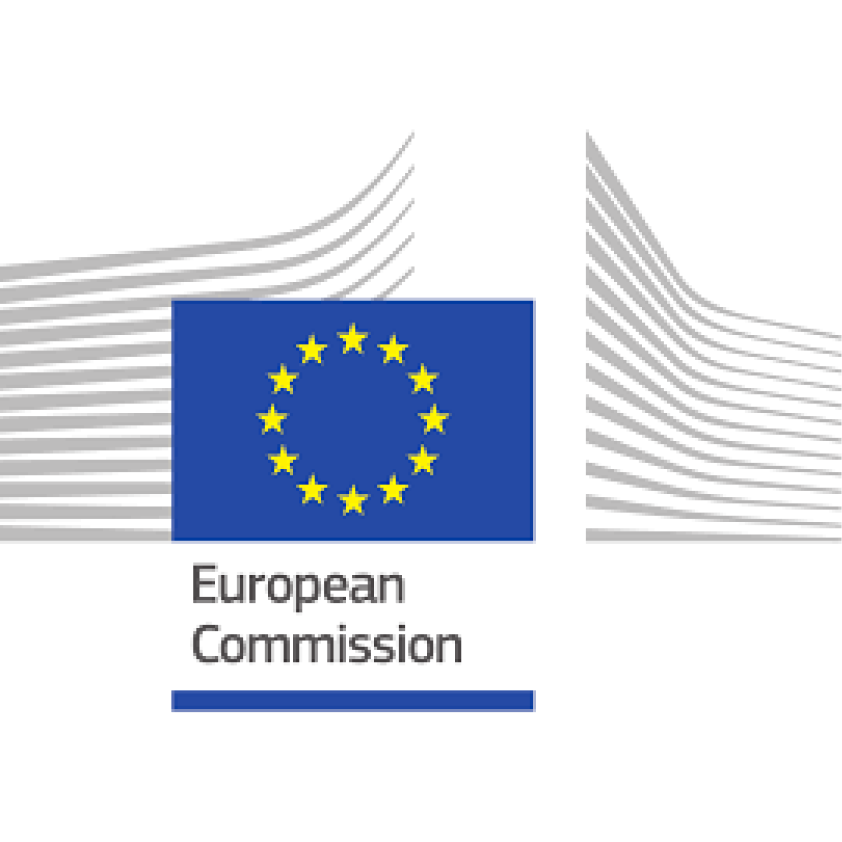
Mandated Organisation
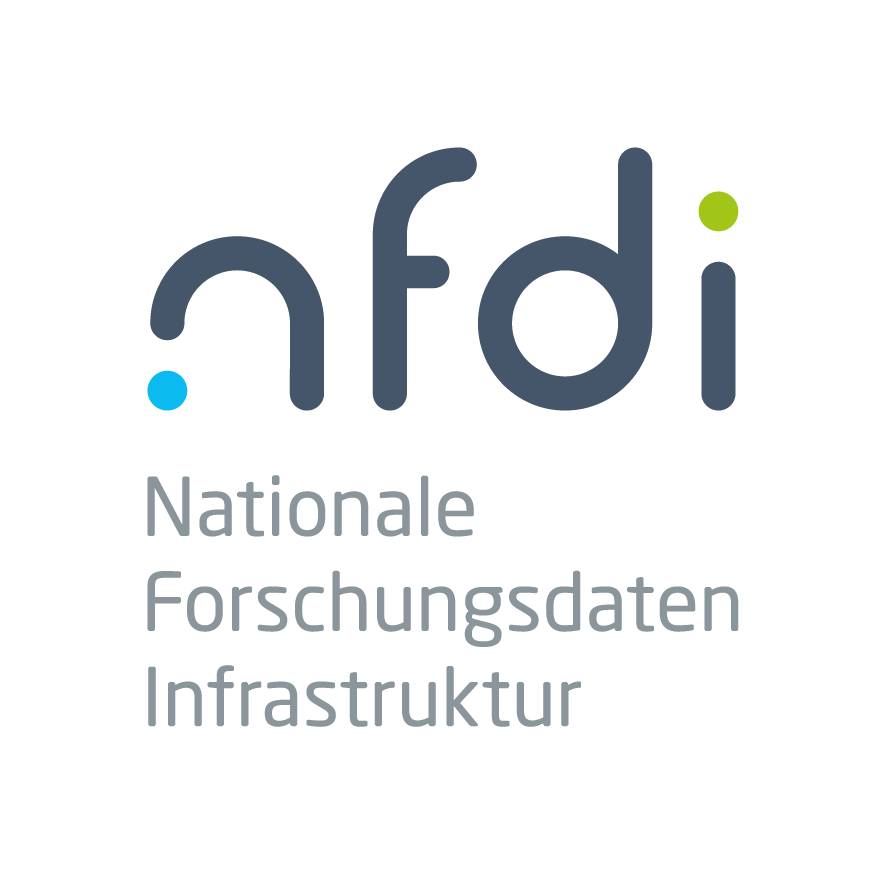
EOSC Steering Board representatives
With one the most vast and diverse research landscapes in Europe, Germany has for more than two decades been involved in the progress of Open Science in Europe. Open Science is currently practised and encouraged by the largest scientific institutions in the country (e.g. the Max Planck Society, Helmholtz Association, Fraunhofer-Gesellschaft, German Funding Association (DFG), Leibnitz Association…) as well as many universities and research performing or funding organisations; it is also endorsed by the Federal Ministry of Education and Research (BMBF) which provides substantial funding. With the introduction in 2021 of the Data Strategy and Open Data Strategy and the approval of the Act Governing the Use of Public Sector Data (DNG), the importance of Open Science remains a hot topic in the current political agenda.
The mandated organisation and national structure, the German National Research Data Infrastructure (NFDI), was founded in 2020. They have been allocated a budget of up to 90 million Euro annually for ten years to promote and adopt Open Science in the different research fields, with which Germany has all the necessary elements to contribute and become fully integrated in the EOSC enterprise. NFDI is already involved in several EU initiatives (ELIXIR, several ERICs, ESS, DARIAH…) and connects almost 220 institutes and organisations divided over the 16 federal states of Germany with the ambition to grow. All things considering, Germany looks bound to stay ahead of the curve.
German National Research Data Infrastructure (NFDI)
The German National Research Data Infrastructure (NFDI) has been selected as EOSC mandated organisation in Germany, and also forms the national structure. NFDI, based in Karlsruhe, is a joint initiative of the Federal Government and the Federal States in the framework of the Joint Science Conference (GWK). Its main purpose is to promote science and research through a national research data infrastructure that establishes and develops research data management in Germany and increases the efficiency of the entire German science system. This will be achieved by establishing a networked information infrastructure in area-specific consortia, developing sustainable interoperable research data management, and creating a reliable range of data-based services for science and research. In addition, NFDI will also be linked to international initiatives such as EOSC and participate in its development.
In Germany the creation of a national structure for EOSC has been done through a national programme. This implies a well-structured approach to EOSC, as national programmes are “technical cooperation initiatives that develop a comprehensive approach towards open science and FAIR principles, engaging relevant stakeholders into action within a country and to provide a common platform for different aims unique to the country” (full document).
Email: info@nfdi.de
Open Access Network
Another national effort that has not been reported as National Open Science structure but works on an aspect of Open science is the Open Access Network: The project open-access.network, funded by the BMBF, is creating a new information and networking offering to activate and connect initiatives between regions, to improve the exchange of data and other scientific resources according with the principles of Open Access. Information on open access will be available for all disciplines from a central source. The materials will be freely accessible and will include as well continuing professional development and training to broaden the skills of scientists and other actors and multipliers in science, including libraries and will contribute to the transfer of competencies in practical, organisational, and legal matters.
To achieve this, some project partners with extensive expertise in information provision, competency development, and networking in Open Access have come together . The collaborative project is managed by the Communication, Information, Media Centre (KIM) at the University of Konstanz. The other project partners are the Open-Access-Büro Berlin at the Freie Universität Berlin; the Helmholtz Open Science Office, located at the Helmholtz Centre – German Research Centre for Geosciences (GFZ); TIB – the Leibniz Information Centre for Science and Technology and University Library in Hannover; Bielefeld University Library; and Göttingen State and University Library.
National Events
National Tripartite Event Germany
In its role as the Mandated Organisation for Germany in the EOSC Association, the NFDI Association is hosting an EOSC National Tripartite Event on November 24, 2022 from 10:00-13:00. The event will be held virtual and...
Policies
Germany does not have an Open Science national policy in place, but the topic has been part of the political agenda already for some time. The Digital Agenda 2014-2017 of the BMBF made a start to update the intellectual property rights and adapt the legal framework to Open Access in science and education. The resulting Act to adapt copyright law to the current requirements of the knowledge society of 2018 regulates the use of copyright protected material for scientific and educational purposes. This is well aligned with the corresponding EU directive 2019/790 on copyright in the single digital market. Together with specific strategies for Open Access, citizen science and science communication, Germany seems on track to install Open Science in its legislation. The federal states must also put strategies in place to regulate Open Access at regional (i.e. federal state) level. Progress has been made here, but the majority of Länder has not developed the corresponding strategy yet. Open Access was also included in the third Covenant for research and innovation for the period 2016-2020 signed between the Federal Government and the Federal States, and is expected to appear also in future versions.
On 15 November 2023, the German federal government adopted its National Action Plan for the European Research Area.

German National ERA Action Plan 2023
On 15 November 2023, the German federal government adopted its National Action Plan for the European Research Area. This Action Plan forms the basis for the strategic orientation of German EU research and innovation policy until 2027 and contributes to the implementation of the European Research Area. The Action Plan defines strategic guidelines and a number of concrete measures at the national level to deepen, strengthen and facilitate cooperation between researchers and innovators in the ERA. The measures are based on an encompassing stakeholder consultation. Download nowEOSC in Practice
Embracing the principles of transparency, reproducibility, and accessibility, these examples highlight the innovative approaches adopted by researchers across various disciplines. From open data sharing and collaborative platforms to pre-registration and open peer review, these practices enhance scientific integrity and contribute to the advancement of knowledge.
People
-
York Sure Vetter
York Sure-Vetter, Director of NFDI, the EOSC-A German Mandated Organization, spoke to EOSC-A at the 6th General Assembly in May 2023 in Brussels.
-
EOSC-A Secretary General visit to FAIR/GSI
EOSC-A Secretary General Ute Gunsenheimer’s visit to the German Facility for Antiproton and Ion Research in Darmstadt on 5 February 2024. -
NTE Germany
Photos from Germany’s first EOSC National Tripartite Event, held in November 2022
News from Germany
Members and Observers from Germany
EU Projects
Please find here the EOSC-related projects where members from this country are involved as partners.










































